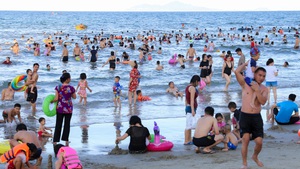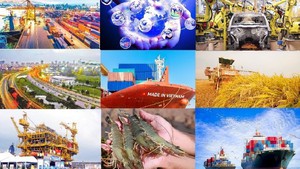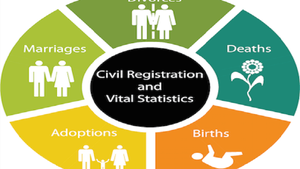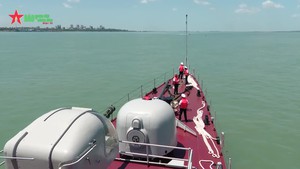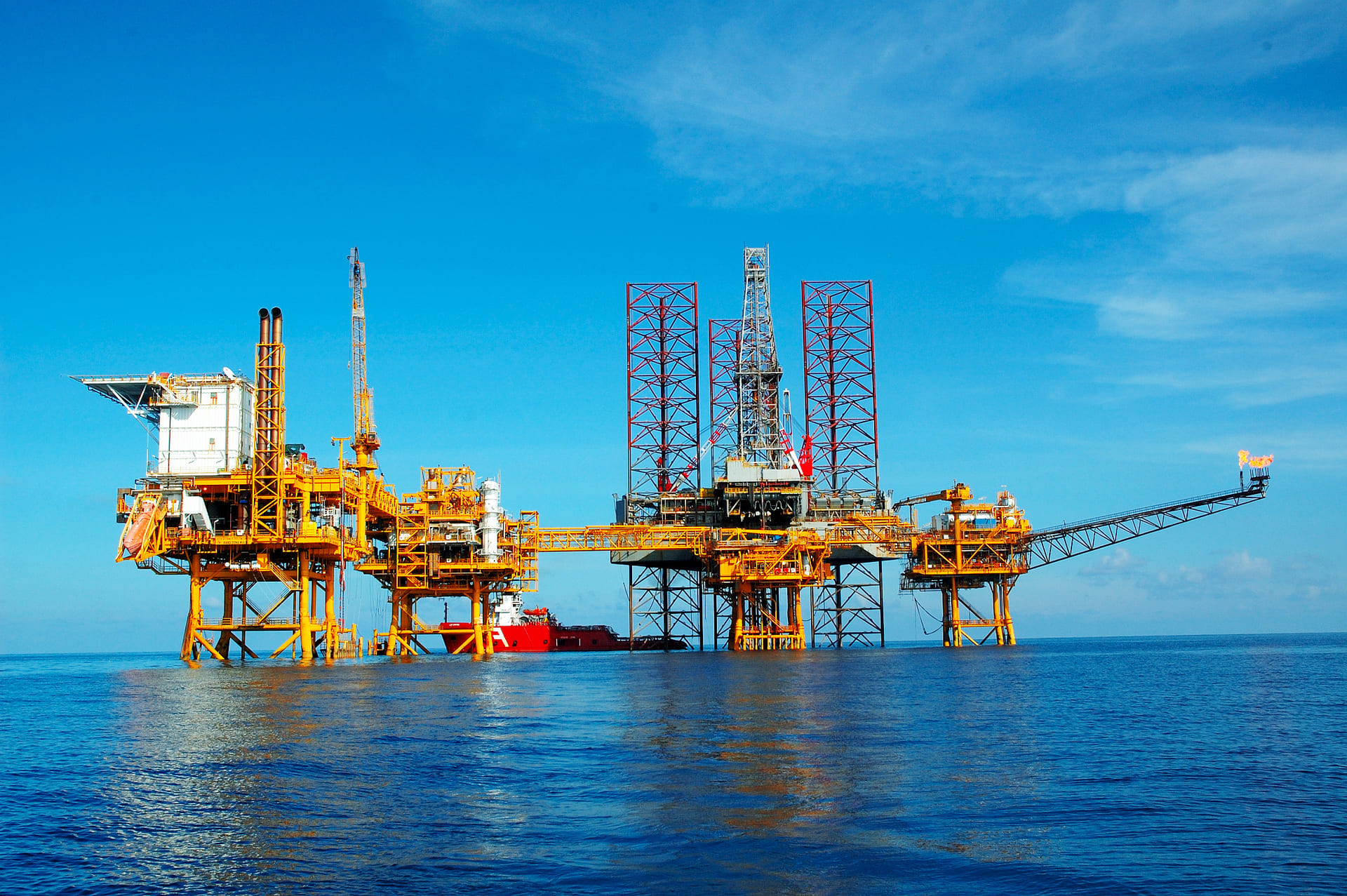
The National Assembly approved the Resolution on National Marine Spatial Planning for 2021-2030, with a vision to 2050, at its 7th working session in June this year.
The Resolution, developed by the Ministry of Natural Resources and Environment, encompasses viewpoints, visions, major tasks and breakthrough areas for the development of marine economic sectors as well as a list of key projects arranged in the order of priority through 2030, with a vision to 2050.
The National Marine Spatial Planning is a comprehensive, inclusive, inter-sectoral, dynamic and open framework that concretizes the guidelines of the Party and laws of the State on management, exploitation and use of marine space in order to turn Viet Nam into a strong coastal nation in line with the Resolution of the 13th National Party Congress, the 10-year Socio-economic Development Strategy for 2021-2030, the Resolution No. 36-NQ/TW dated October 22, 2018 adopted at the 8th Plenum of the 12th Party Central Committee on Viet Nam's Sustainable Marine Economy Development Strategy through 2030, with a vision to 2045.
The overall goals of the National Marine Spatial Planning are to lay the foundation for rapid and sustainable development of the marine economy, contribute to formulation of strong marine economic sectors, create various livelihoods for people; ensure national security and defense, promote international cooperation, firmly maintain independence, sovereignty, sovereign rights, jurisdiction and national interests; effectively manage and exploit marine resources, protect the marine environment, marine biodiversity and the values of marine culture, in order to gradually turn Viet Nam into a strong marine country.
From that perspective, the National Marine Spatial Planning targets to rationally arrange marine space for economic sectors to develop in a sustainable manner, harmoniously combine interests and mitigate conflicts in exploiting marine resources and space.
The National Marine Spatial Planning provides major orientations for the development of marine economic sectors, especially new ones.
To translate the above goals into reality, the following tasks shall be implemented:
The first focus is to perfect institutions and policies, including developing criteria and regulations to handle issues arising in overlapping areas and contradictions in using marine space; perfect policies in favor of clean and renewable energy and new marine economic sectors; issue instructions and regulations for the implementation for local-level marine space zoning.
The second focus is to build marine infrastructure, especially seaports and transport infrastructure works that connect seaports with inland areas, communication, digital economy infrastructure among others.
The third focus is to build marine and island cultural institutions; well organize marine cultural events, improve cultural and social life of coastal and island residents; organize communication activities and raise awareness and responsibility for building a strong coastal nation.
The fourth focus is to control and manage waste sources and handle environmental pollution hotspots; restore degraded ecosystems to increase the area of marine conservation and protection.
The fifth focus is to speed up basic investigation of marine resources, marine and island environment; establish a digitalized database on the sea and islands; enhance the training of marine human resources and scientific and technological research for new marine economic sectors.
The National Marine Spatial Planning also points out four breakthrough areas as follows:
Firstly, focusing on developing a system of infrastructure and logistics associated with ship-building industry and maritime transport in order to promote sustainable development of marine economic sectors, ensure national security and defense, and international cooperation, and enhance capability to respond to natural disasters, climate change and sea level rise.
Secondly, developing marine and island tourism in a sustainable and responsible manner in association with green and smart urban development at islands.
Thirdly, accelerating the development of green, circular, low-carbon and resillient aquaculture economy, with priority placed on on offshore aquaculture and fishing in association with marine conservation and marine culture protection.
Fourthly, developing clean and renewable energies at sea, with priority placed on offshore wind power to ensure national energy security, national defense and security, conducting comprehensive research and evaluation of the potential of oil and gas, solid minerals and construction materials on the seabed.
To facilitate the implementation process, the National Marine Spatial Planning also points out measures for each sector as follows:
- Regarding mechanisms and policies for marine space management: Reviewing and synchronizing related regulations and planning schemes; developing a set of criteria and policies for building a strong coastal nation.
- For science, technology and environment: Developing and applying marine science and technology; enhancing investments in technical infrastructure development and organize basic investigation of marine environment, issuing technical standards and solutions to prevent marine environment pollution.
- Regarding investment capital mobilization: Encouraging domestic and foreign capital sources for the development of marine economic sectors while continuing to improve investment environment.
- Regarding human resource development: Developing high-quality workforce with deep expertise in oceans and seas.
- For supervision of the implementation of the planning: Speeding up supervision and strict handling of acts that violate the regulations on exploitation and use of marine resources.
- On international cooperation: Fostering international cooperation in various areas such as basic investigation, development of renewable energies and newly-emerging marine economic sectors, search and rescue, marine research and protection of marine environment among others, while speeding up negotiations and signing of agreements on delimitation of maritime boundaries and joining international maritime treaties and conventions.
- Regarding communication to raise awareness: Strengthening communication and education to improve awareness of organizations and individuals on the National Marine Spatial Planning./.







